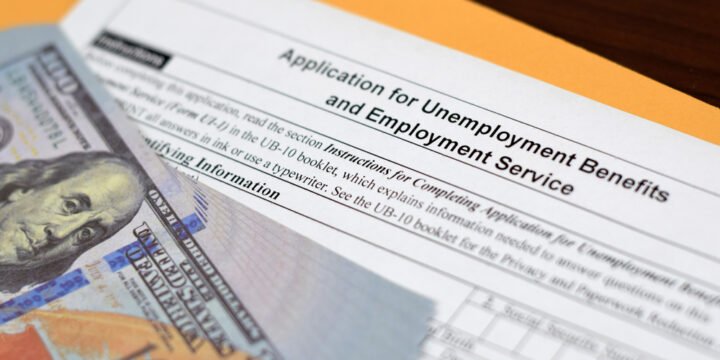
Attention All Home Buyers Part II: FIRPTA and the Statute of Limitations
By Kerrin N.T. Liu This article is a followup to our previous article entitled “Attention All Home Buyers.” In our previous article, we introduced Foreign Investment in Real Property Tax Act of 1980 (hereinafter “FIRPTA”); what it is, who it applies to, exemptions, and the consequences of noncompliance. In this article we discuss the possible application of the statute of limitations in cases where unwitting U.S. buyers of a noncompliant FIRPTA transaction are subjected to a lien on their purchased property. Options Moving Forward and the Statute of Limitations. The most straightforward way of taking a tax lien off of a title is to pay the tax lien in full. However, this is not an equitable result for many buyers since the tax should have been paid by the foreign…








